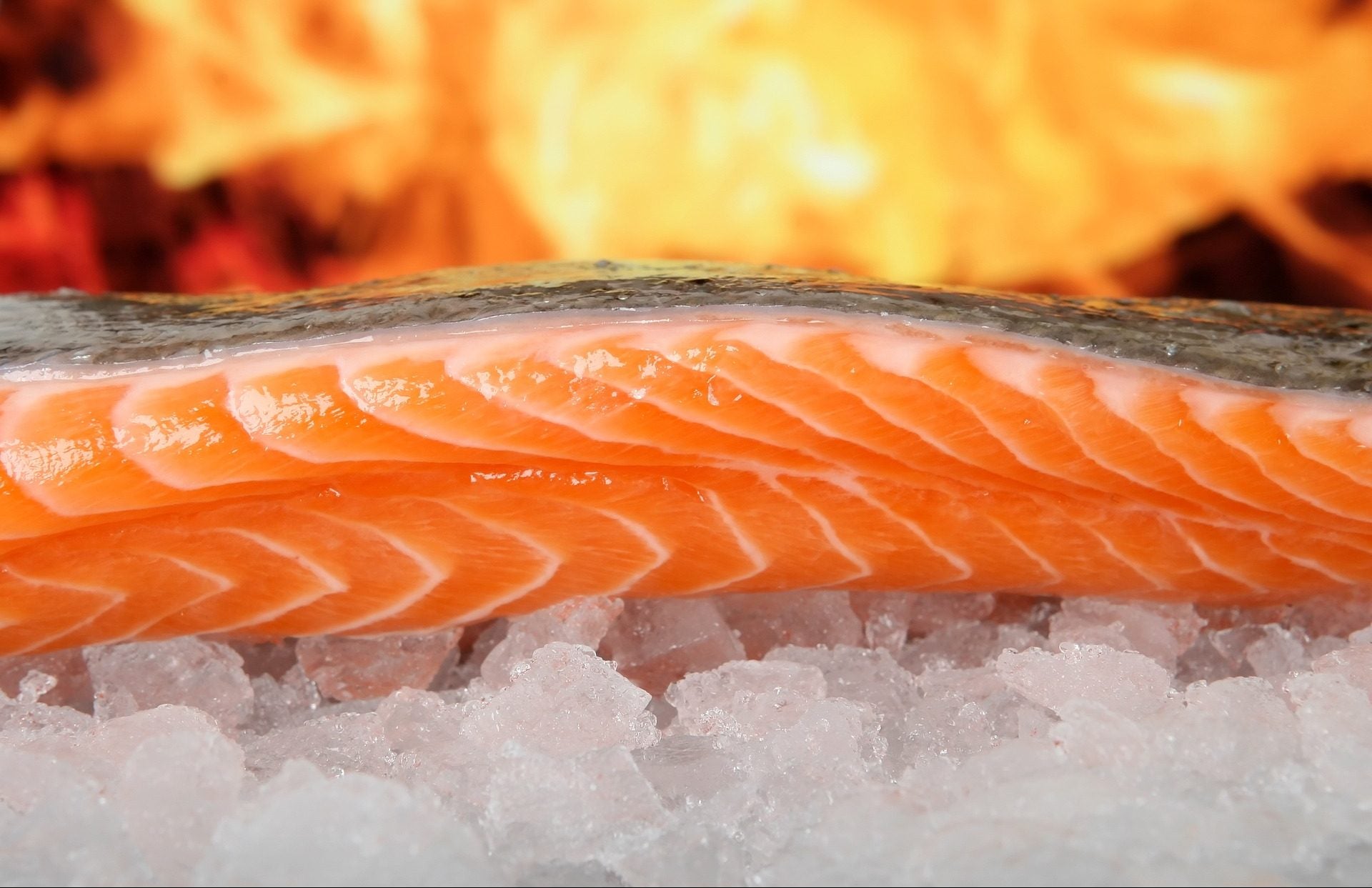
Norway-based seafood group SalMar is to make 851 employees redundant, blaming the country’s planned aquaculture tax.
SalMar said workers at its processing plants at Frøya and Senja have now received redundancy notices. Some 696 of those affected are connected to the processing at the two facilities while the remaining 155 are connected to the slaughterhouse at InnovaMar on the island of Frøya.

Discover B2B Marketing That Performs
Combine business intelligence and editorial excellence to reach engaged professionals across 36 leading media platforms.
The company explained how limited layoffs related to harvest volume have been the norm for many years. However, it insisted the scale of these redundancies is “mainly because the government’s proposal for a new salmon tax has destroyed the market for long-term fixed-price contracts”. SalMar said such contracts are usually entered into well in advance of deliveries and are “absolutely necessary” for providing the plants with enough processing activity.
The move comes less than two months after the Norwegian government revealed plans to introduce a new 40% resource rent tax on aquaculture, with effect from 1 January, which would affect producers of salmon, trout and rainbow trout. It would be added to companies’ existing tax bill of 22%.
On the news of the proposal, other Norwegian firms in the sector, including Cermaq, Mowi and Lerøy Seafood Group, announced they were shelving investment plans.
In its statement announcing redundancies, SalMar said: “The government’s proposal, if adopted, entails a tripling of the tax on salmon production in Norway. Taxable income as a basis for the new tax shall be a spot price for whole fish, which may differ significantly from the actual realised sales price of a varied product and contract portfolio. This has a particularly negative impact on processing, which is normally based on fixed-price contracts, not spot prices.”

US Tariffs are shifting - will you react or anticipate?
Don’t let policy changes catch you off guard. Stay proactive with real-time data and expert analysis.
By GlobalDataIt added: “SalMar finds the current situation deeply regrettable. In the time ahead, we will do our utmost to find remedial measures in a difficult and demanding situation for everyone. This will be done in close cooperation with the employees and their representatives. Such measures may, for example, include maintenance, competence building and the possibility of partial employment at other departments in the company.”
Lerøy Seafood Group has also been linked with making large-scale redundancies in media reports, although this has not been verified by Just Food which has asked the company about likely job losses.
However, while reporting its third-quarter financial results today (15 November) Lerøy CEO Henning Beltestad said: “The consequences [of the proposed tax] are extremely serious for Lerøy and our employees, and we expect implementation of the proposal to be delayed to allow time for a thorough consultative process, followed by discussion and broad compromise in the Storting [the Norwegian Parliament],”
Lerøy said it sees “significant weaknesses in the proposal, which reveals a lack of insight into the industry’s complex value chain”.
It said the proposal is already having a “severely negative impact on Lerøy’s day-to-day operations and will have serious long-term consequences for Lerøy and the industry”.
When putting the tax proposal forward at the end of September, Norway’s finance ministry said: “Energy producers and the aquaculture industry make billions of crowns on our common resources. The government is now proposing that more of the value created should go back to society.”
The proposed seafood tax still has to be approved by the country’s parliament.
In the first nine months of this year, SalMar recorded revenues of NOK13.75m (US$1.38bn), up from NOK10.37m at the same stage in 2021. EBIT was also up at NOK3.45bn compared to NOK2.03bn 12 months earlier.
In its newly-released third-quarter results, Lerøy recorded revenue of NOK7.44bn, a year-on-year increase of 18%, while EBIT was up by 44% at NOK831m.





